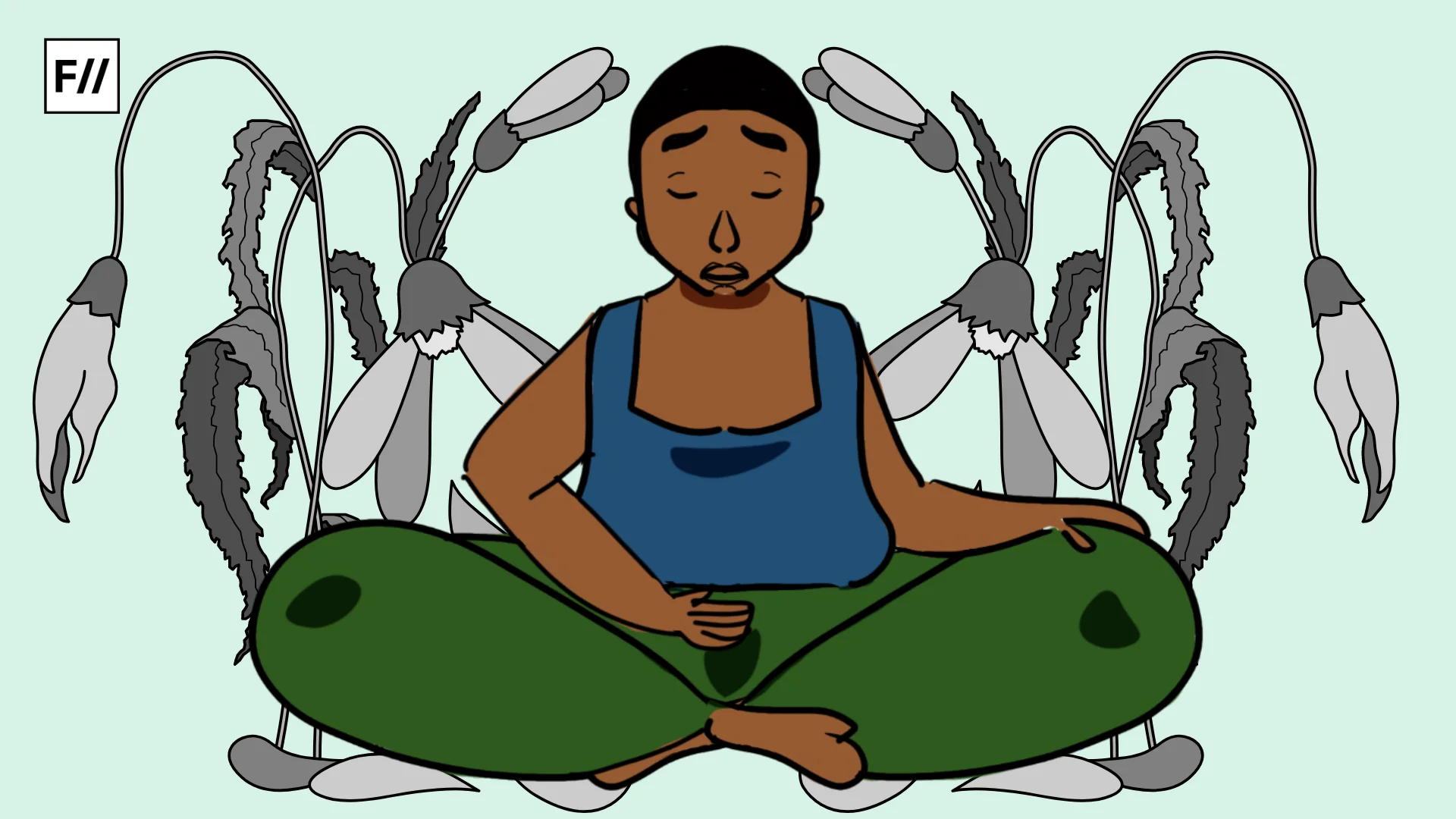What is medical abortion?
Medical abortion is the termination of pregnancy through the use of a drug or a combination of drugs.
What drugs are used for medical abortion?
The most commonly used drugs for medical abortion are:
- Mifepristone, an anti-progestogen drug taken first, and
- Misoprostol, a prostaglandin drug taken 24-48 hours later.
Mifepristone stops the pregnancy for growing and causes the pregnancy to be detach from the uterine lining. Misoprostol causes the cervix to soften and the uterus to contract, resulting in the expulsion of the uterine contents. The process is identical to a natural miscarriage.
In some cases, where mifepristone is not available, misoprostol alone may be used for a medical abortion.

How safe is medical abortion?
Very safe! The risks of medical abortion are extremely small and considerably less than the risks of continuing a pregnancy to term, or any of the other methods that you may resort to terminate unwanted pregnancies. If 100 women use medical abortion pills to terminate a pregnancy in the first 12 weeks, less than 5 of them would need further medical care due to any complications.
When during a pregnancy can I avail of a medical abortion?
According to the W.H.O guidance, medical abortion can be carried out from very early in the pregnancy to up until 24 weeks, as counted from the first day of the menstrual period. However, the dosage of drugs changes for each different stages of the pregnancy. Beyond 12 weeks the medical abortion should be carried out in a clinical facility under the supervision of a healthcare provider.
Also read: What Stops Women From Accessing Safe Abortion? | #AbortionMeraHaq
Who cannot have a medical abortion?
It is very rare that a medical abortion cannot be done in early pregnancy, unless
- Your health care provider suspects that the pregnancy might be ectopic
- You have an allergy to either mifepristone or misoprostol
- You have a disease or a condition that affects the blood’s ability to clot
- You are on a course of blood thinners
- You are on steroids such as those used to treat chronic asthma, arthritis or other allergies.
If a woman has an IUD in place, the device should be removed prior to the abortion.
What are the common side effects of a first trimester medical abortion, and how can I manage them?
| Bleeding | It is a good idea to be prepared with a larger than usual number of sanitary pads, even after the use of mifepristone alone. The bleeding is usually like a heavy period and with some clots being passed. |
| Pain and Cramps | At home, pain could be dealt with by using a hot water bottle or a heating pad, or taking a warm shower. Take any painkiller you usually take for period pains or you can take paracetamol or Mefenamic Acid, Ibuprofen family of medicines. Keeping busy and distracted is also a good idea. |
| Chills and Fever | Mild chills and a rise in temperature may rarely occur after misoprostol has been taken, and usually last for about two hours and is not a serious side effect nor does it need any treatment besides a warm blanket. |
| Nausea | Some women may suffer from mild to severe nausea. Eating a light diet and consuming plenty of fluids will help. If you vomit within half an hour of an oral dose, the drug has to be taken again. For severe symptoms, you may contact a medical provider for medication to alleviate nausea. |
How long after a medical abortion will I resume having my normal menstrual cycle?
You can expect to have your menstruation return to normalcy about four to six weeks after your abortion. Remember that you can get pregnant again before the next period so make sure you are using an effective method of contraception or avoid sex till the next period and then discuss with your healthcare provider about the options.
How will I know if my medical abortion has been unsuccessful?
This is very rare but contact your healthcare provider if you have had slight or no bleeding even after taking the second set of drugs or you continue to experience the symptoms of pregnancy such as breast tenderness, increased frequency of urine. If the medical abortion method has not worked you should plan to terminate the pregnancy using surgical method since these drugs would cause defects in the fetus if the pregnancy were to continue.
When do I follow up?
If you are under medical supervision, please return to your healthcare provider after 14 days after you take the drugs, for a follow-up visit. The healthcare provider will confirm if your abortion has been successful and if you need further treatment.
What complications could I face?
| Heavy Bleeding | In very rare instances, women may experience severe uterine bleeding. Severe bleeding is defined as: Two thick sanitary pads get soaked within the hour, and this happens two hours in a row. You should contact your healthcare provider if you experience heavy bleeding. In the meanwhile, drink a lot of fluids to compensate for the loss of minerals. |
| Infection | Although chills and mild increase in temperature are a side effect of the medication, if you: Develop a fever of more than 100.4 F (38.00 C), that lasts more than four hours, Develop a fever after you start your course of misoprostol, You should contact your healthcare provider. |
How soon after medical abortion can I have sex?
You should wait to have vaginal, penetrative sex till the bleeding stops completely, which could take up to 10 days. However, it goes without saying that you should resume sexual activity only when you feel ready for it!
Will medical abortion affect my ability to have a child in the future?
Medical abortion has no effect on your ability to have a child in the future! Don’t take our word for it, here’s a study you can read!
Also read: Abortion In India: Changing Legal Contexts And Challenges | #AbortionMeraHaq
For more resources on medical abortion, see:
1. Safe abortion: technical and policy guidance for health systems by the World Health Organisation.
2. Women on Web
3. Medical Abortion by Ibis Reproductive Health and Cambridge Reproductive Health Consultants
4. Medical Abortion: An Overview by Gynuity Health Projects
This article was originally published in the ASAP blog and has been republished here with permission.
Featured Image Source: Self
About the author(s)
Asia Safe Abortion Partnership (ASAP) is an abortion rights advocacy organization committed to capacity building at the regional level by connecting and boosting the work of abortion rights activists across Asia in the form of workshops, conferences and small grants.




